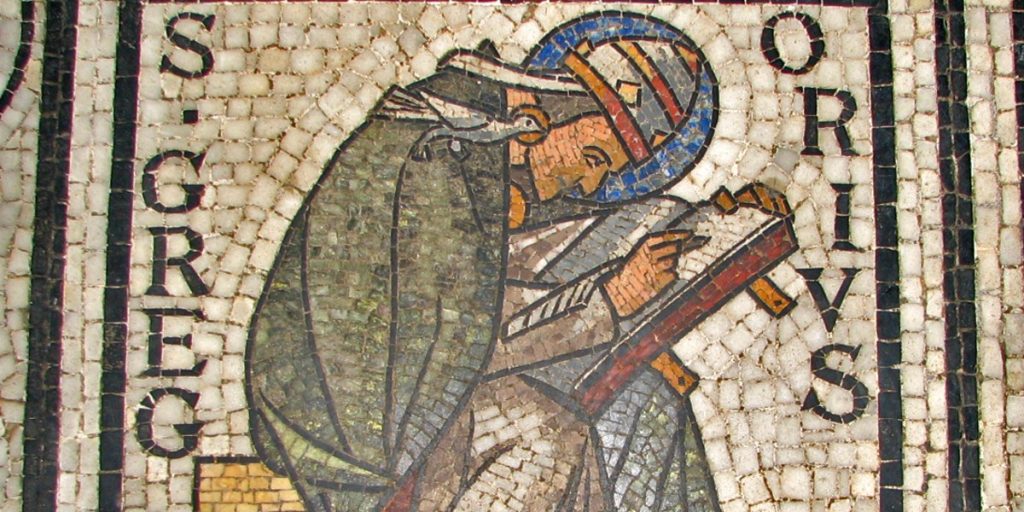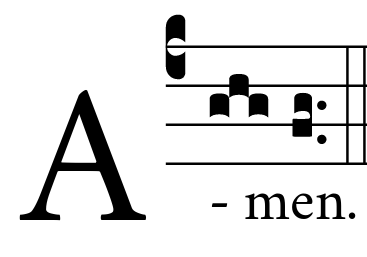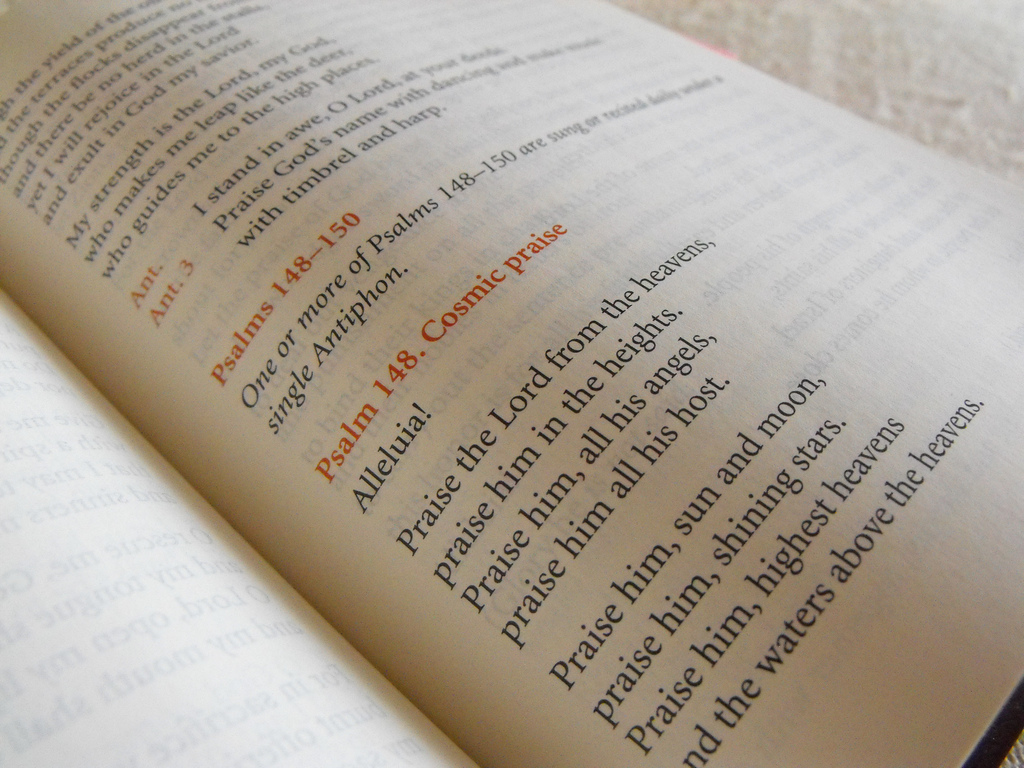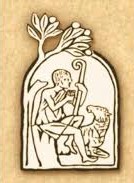Can We Pray For YOU?
If you have any needs that you would like us tor pray for, please use the contact form HERE to let us know. Any details you tell us will not be stored, and we can pray for your intention once or for as long as you would like us to.
The following can help you to take some first steps in prayer, or to deepen your prayer life.
It has been said that prayer doesn’t help our relationship with God, prayer IS our relationship with God! Prayer is the acknowledgement that our material world is not all there is! That the answer to all life’s questions and difficulties is not contained in what we can touch, see, measure or possess. Behind everything is a loving creator who is more real, because He gives existence to our reality. He also invites us to encounter Him – the Bible says, ‘Taste and see that the Lord is good’ (Psalm 34:8), and Jesus said, ‘whoever eats my flesh and drinks my blood, lives in me and I in Him’ (John 6:56). The invitation to pray is not just to ‘dip our finger’, but to take hold of God!
Visit the Year of Prayer Page
The following page will look at some prayers that are familiar to many Catholics, with the encouragement to use some of them in your own prayer life. But more important than that, prayer is first and foremost a relationship with the God who loves you – so when we pray, we are to pray with our hearts.
Heart to Heart
The motto of Birmingham’s Cardinal St John Henry Newman (1801-1890) was Cor ad cor loquitur – “Heart speaks unto heart”. This is the simple truth of prayer – our hearts reaching out to the heart of God in Faith, Hope and Love.
Prayer of the Heart
The simplest Christian prayer is just one word: JESUS.
In His Holy Name is contained all that God wants to give to us, and is the Way to the Father, since Jesus Christ is closest to the Father’s heart (John 1:18). It also reveals to us the desire of God to rescue us from what separates us from Him – Sin – since Jesus means, “God Saves”.
The Jesus Prayer
In the Bible, we see many people calling upon the name of Jesus when they are in need, and this has become the basis of what is known as the Jesus Prayer, used by many Eastern Rite Catholics as well as increasing numbers of others. By praying the following words, perhaps using prayer beads:
“Lord Jesus Christ, Son of God, have mercy on me, a sinner,“
…we ask God to save us, and all those we love, from sin. Calling on the Holy Name is the beginning, so many saints tell us, of the practice of unceasing prayer, which St Paul exhorted Christians to pursue (Ephesians 6:18)
The Sign of the Cross
Christian Prayer is addressed to the Father, through the Son, in the Holy Spirit.
How to make the sign of the cross

The sign of the cross is a prayer in itself. Catholics make this in different ways. One is with the hand open and fingers together, touched to the forehead, breast and left and right shoulders. Our five fingers remind the pray-er of the five wounds of Christ’s Passion. Another way is to pinch the thumb, index and middle fingers together. The three fingers remind the Christian of the Mystery of the Trinity, and the two remaining fingers in the palm of the hand, remind the Christian of the Incarnation, or two natures of Christ, divine and human.
The Holy Mass
The Holy Mass (which is the principle liturgical service of Catholic worship) has been celebrated by the Church since the command of Jesus Christ at the Last Supper to ‘do this in remembrance of me.’ (Luke 22:19)
During mass, bread and wine are consecrated by the priest and become the Body and Blood, Soul and Divinity of our Lord Jesus Christ. Catholics often call this the Blessed Sacrament, the Eucharist or Holy Communion. The Mass is also made up of:
- actions of both the priest and the people, such as blessings, kneeling, the sign of peace, the sign of the cross etc;
- sorrow for our sin, and God’s forgiveness;
- readings from the Holy Bible;
- profession of faith;
- prayers for the Church and the World;
- songs and hymns of praise and worship to God.
For Catholics, the Mass is the greatest prayer because it is the prayer of Jesus Christ at the Last Supper, and it makes present to us the offering and sacrifice of his life on the cross for our sins (see 1 Cor 11:26).
The Catechism of the Catholic Church says that the Eucharist is the “source and summit of the Christian life”. (CCC 1324) It is the source because we receive the Eucharist (Jesus himself) as our food for living out our Christian calling, and the summit because there is no more perfect sacrifice of humanity to God, to which we can unite our own daily sacrifices.
The Blessed Virgin Mary
For Catholics, Mary (the Mother of God) is, in a special way, our mother. As Mary prophesied in her Magnificat (Luke 1:46-55), we continue to call her “Blessed”. Having been filled with the Holy Spirit, we call upon her to bring us close to the Sacred Heart of her son, Jesus, and therefore to the heart of God the Father.
The Rosary is the special prayer we address to our Blessed Mother, to invoke her own prayers for us and the world, and to ask her to draw us into the mystery of this relationship of love with her son. (also see ‘The Saints’ below) For more information about the Rosary view the video or click HERE.
The Saints
Catholic worship is an act of the Church past, present and future. The entire Church participates at every mass: that is, the Church Triumphant (those in Heaven), the Church Suffering (those in Purgatory), and the Church Militant (those on Earth).
The Saints (or Holy Ones), in Catholic worship refer to those who have died and are with Christ in Heaven, and we call upon them to pray with us and for us and to help us in our Christian pilgrimage. While we can pray to the saints and ask them for their help, this does not mean that Catholics see them in competition with God – only God is worthy of that honour and praise due to Him alone. Yet, we believe that God uses the Saints to give Him glory and to show us what it means to co-operate and participate in the Spirit-filled life of God. We learn from the virtues of the Saints which can help to guide us, and we may ask a particular Saint to be our Patron, as someone we can ask the prayers of, and imitate in their love of God.

St Gregory the Great
Along with the Blessed Virgin Mary, our church patron is St Gregory the Great (540-604AD), who also became Pope in 590AD. Pope St Gregory was a Benedictine monk and had a great love of the Liturgy. He is famous for his part in the drawing together and standardising of the various chants of the Church – which today is called Gregorian Chant after him – and wrote a biography on the life of St Benedict.

He is also known for sending St Augustine (not to be confused with Augustine of Hippo) as a missionary to England, who later became the first Archbishop of Canterbury. After observing some Angle slaves at the market, he is reported to have said, “They are not Angles, but angels, if they were Christian. Well named, for they have angelic faces and ought to be co-heirs with the angels in heaven.”
Let us pray with St Gregory now, to our Heavenly Father…
The Easter Prayer of St Gregory the Great
It is only right
with all the powers of our heart and mind,
to praise You Father
and your Only-begotten Son,
Our Lord Jesus Christ:
Dear Father, by Your wondrous
condescension of loving-kindness toward us,
Your servants, You gave up Your Son.
Dear Jesus, You paid the debt of Adam
for us to the Eternal Father by
Your blood poured
forth in loving-kindness.
You cleared away the darkness of sin
By Your magnificent and radiant Resurrection.
You broke the bonds of death
and rose from the grave as a Conqueror.
You reconciled heaven and earth.
Our life had no hope of eternal happiness
before You redeemed us.
Your Resurrection has washed away our sins,
restored our innocence and brought us joy.
How inestimable is the tenderness
of Your love!
Liturgy of the Hours

Along with the Holy Mass, the Liturgy of the Hours (also known as the Divine Office or Daily Prayer of the Church) is the other central liturgical celebration, prayed in union with the whole Church around the world.
It is made up mainly of Psalms, Cantacles and short scripture readings which follow the Liturgical seasons of the Church’s year (such as Christmas, Easter and Ordinary Time). It is sometimes sung at public services in many churches. You may well be familiar with its monastic variety sung at abbeys and priories. It is prayed as a way of sanctifying the time and work of the day and there are a number of different ‘hours’ which correspond to the various prayers:
- Office of Readings (or Vigils) – Traditionally prayed during the night, but can be prayed at any time.
- Morning Prayer (or Lauds) – Traditionally prayed at dawn or first thing in the morning.
- Prayer at Mid-morning (or Terce) – Traditionally prayed at the third hour of the day or 9am
- Prayer at Midday (or Sext) – Traditionally prayed at the sixth hour of the day or 12pm
- Prayer at Mid-afternoon (or None) – Traditionally prayed at the ninth hour of the day or 3pm
- Evening Prayer (or Vespers) – Traditionally prayed in the early evening or at dusk
- Night Prayer (or Compline) – Traditionally prayed just before bed
PRAYING THE SCRIPTURES AND THE PSALMS
The Jewish Psalms are the songbook of the Church and they contain every human emotion, which we can bring to God in prayer. Whether you pray the Liturgy of the Hours or not, it is recommended to pray the Psalms in your own prayer times. Choose one or two Psalms and, instead of making a study of them, enter into the spirit of the Psalm by trying to empathise with the writer in the trials and experiences they are relating, and their praise of God, through the words as you read.
The Liturgy of the Hours can also be found at the UNIVERSALIS website, or the mobile app can be downloaded from the Android or iOS app-stores
For a complete summary of the Catholic Faith, please visit the linked website.
A Printable Prayer Booklet for Families
Important Prayers
Our Father, Who art in heaven,
Hallowed be Thy Name.
Thy Kingdom come.
Thy Will be done,
on earth as it is in Heaven.
Give us this day our daily bread.
And forgive us our trespasses,
as we forgive those who trespass against us.
And lead us not into temptation,
but deliver us from evil.
Amen.
Hail Mary,
Full of Grace,
The Lord is with thee.
Blessed art thou among women,
and blessed is the fruit
of thy womb, Jesus.
Holy Mary,
Mother of God,
pray for us sinners now,
and at the hour of our death.
Amen.
Glory be to the Father
and to the Son
and to the Holy Spirit.
As it was in the beginning
is now, and ever shall be,
world without end.
Amen.
(This page is being updated. Please check back as content is being added)

